On August 21, in Hanoi, the seminar "Evaluation of 63 Provincial Public Service Portals (PSP) from the User's Perspective in 2024" was organized by the Institute for Policy Research and Media Development (IPS) in collaboration with the United Nations Development Programme (UNDP) in Vietnam.
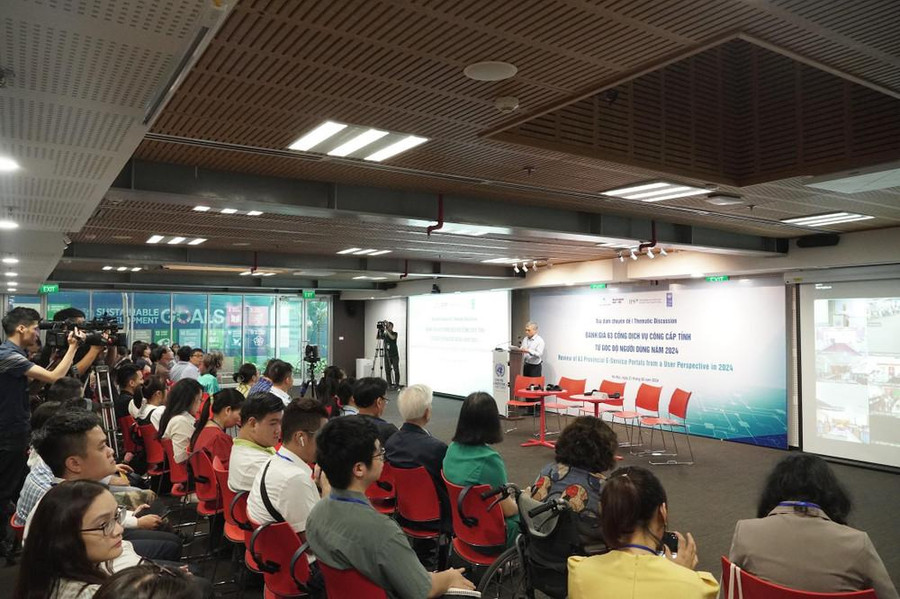
The seminar was attended by Mr. Nguyen Minh Hong, Chairman of the Vietnam Digital Media Association (VDCA); Ms. Ramla Khalidi, UNDP Resident Representative in Vietnam; Ms. Do Thanh Huyen, Public Policy Analyst, UNDP in Vietnam; Mr. Nguyen Duc Lam, Policy Advisor, IPS; and 240 delegates representing the Departments of Information and Communication, Justice, and the Office of the People's Committee from 63 provinces and cities across the country, participating both in person and online.
Speaking at the seminar, Mr. Nguyen Minh Hong assessed that online public service portals have met the needs and expectations of citizens, but there are still many limitations.
"In the context of a digital government, online public service portals play a key role in connecting the state with citizens and businesses. However, despite many improvements since 2021, the rate of online applications has not yet met requirements, and the quality of services remains limited," Mr. Hong stated.
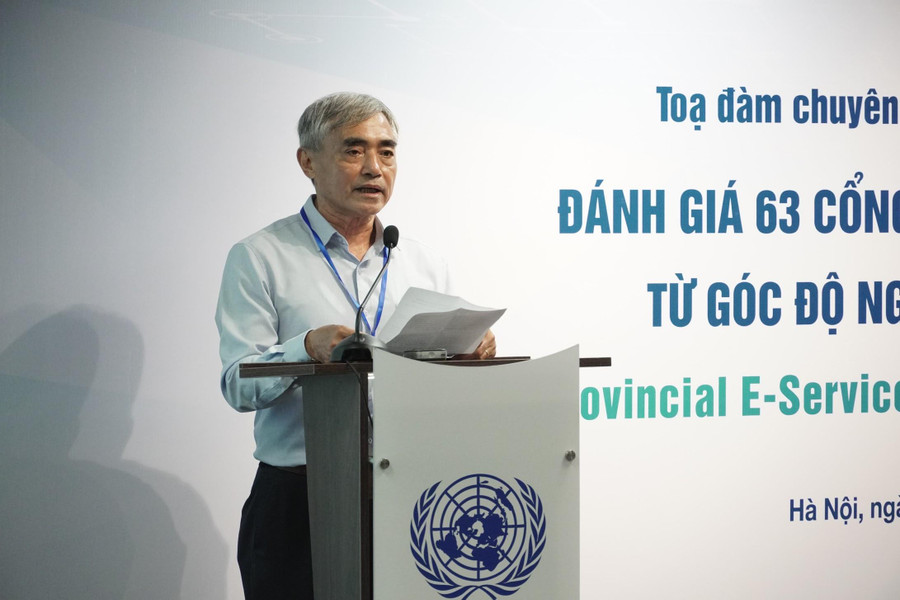
Mr. Nguyen Duc Lam, Policy Advisor at IPS, explained the issue of the low rate of online applications, citing complex administrative procedures and a lack of transparency as the main reasons.
"One root cause of the current shortcomings and obstacles in providing online public services is the failure to resolve the already complex and overlapping administrative procedures, which involve multiple layers, intermediaries, and numerous unnecessary documentation requirements. Moreover, the process of resolving administrative procedures has not been fully disclosed on the PSP portal, making it difficult for users to understand and track the progress of their applications," Mr. Lam shared.
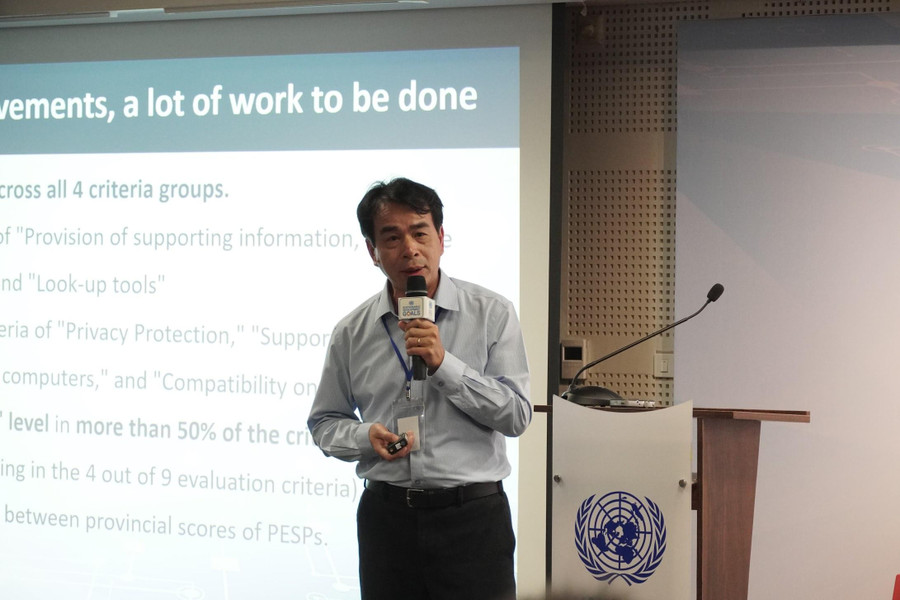
Regarding service quality, research results indicated that 60 PSPs do not meet the criteria for personal data protection and privacy, while 39 PSPs do not meet the accessibility criteria for people with disabilities.
Most PSPs only achieved an average level of compatibility with both computers and smartphones.
No PSP scored more than 50% of the criteria at the "good" level, and the differences in evaluation scores among groups of provinces and cities are not significant.
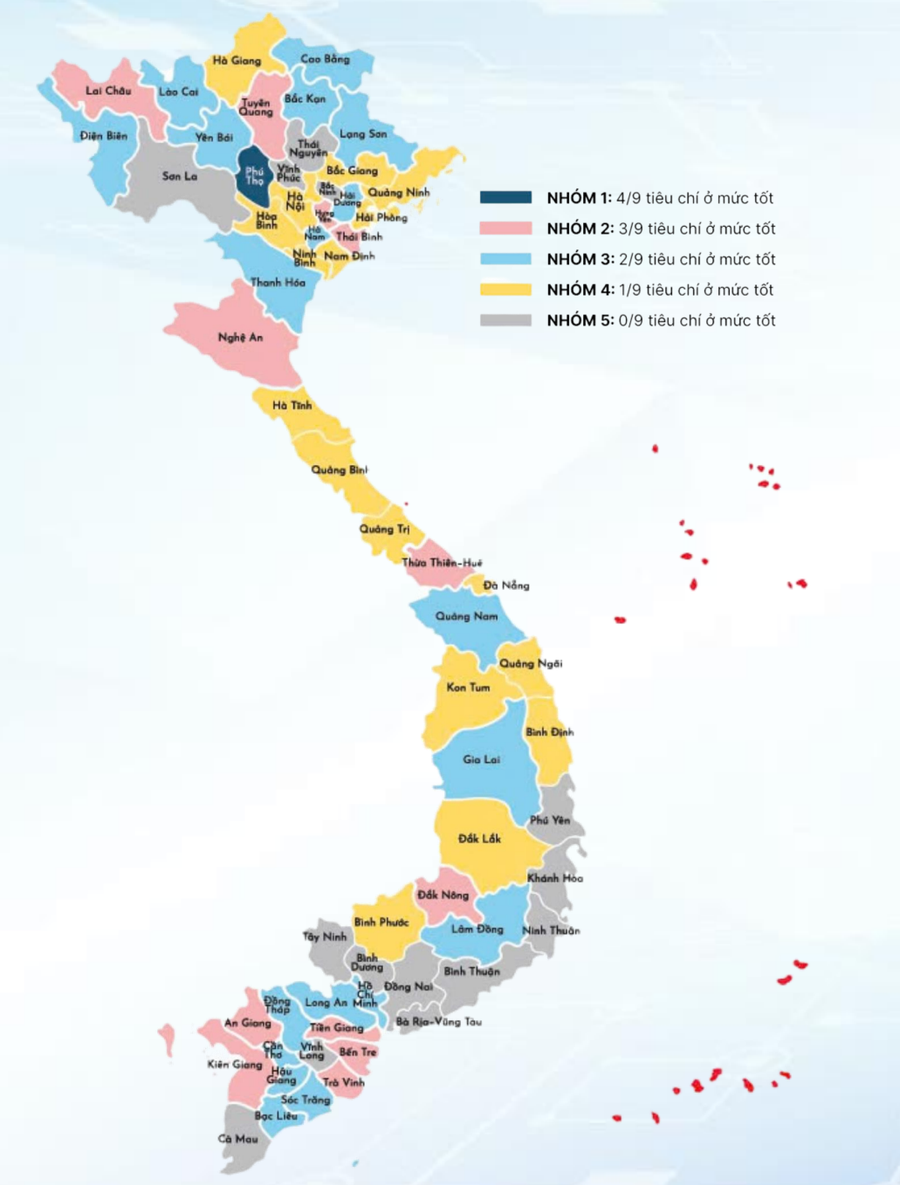
Ms. Ramla Khalidi, UNDP Resident Representative, noted that compared to the 2023 review, many localities have upgraded their public service portals to ensure access to online public services for people with disabilities.
However, as this research indicated, online public services need further improvement to ensure convenience, ease of use, and accessibility for everyone, especially those facing difficulties in remote areas and disadvantaged communities in the digital transformation process.
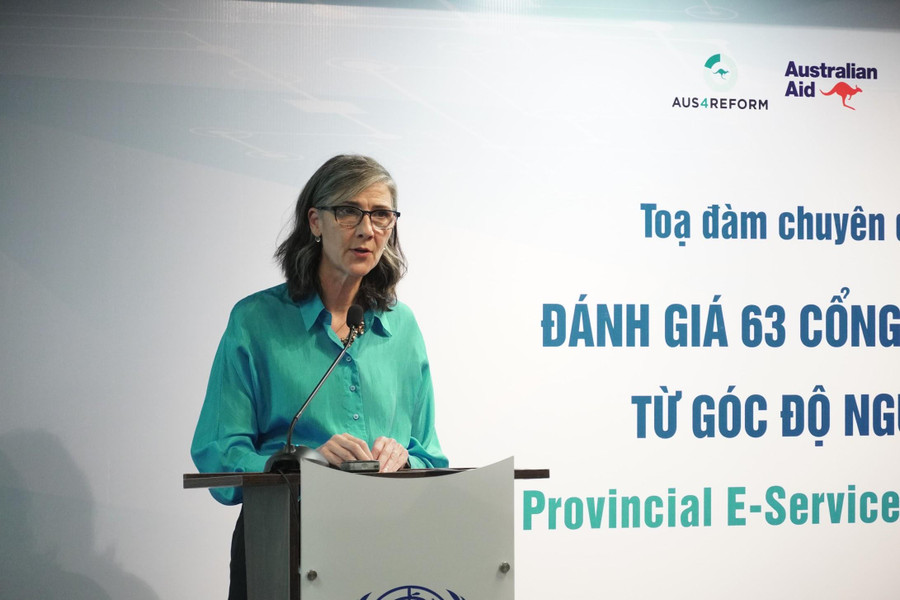
According to the research report presented at the seminar, it is crucial to change the mindset regarding the digital environment, focusing on developing policies and implementing online public services from a "digital governance" perspective, emphasizing the promotion of natural interaction in the digital space between service providers and users.
The application of digital technology and data connectivity needs to be flexible to remove administrative barriers while ensuring effective data sharing and connectivity.
Legal documents related to administrative processes and procedures must be revised to be more compatible with the digital environment.
Special attention should also be given to implementing administrative procedures outside administrative boundaries. Moving towards 2030, establishing a national focal point for providing online public services through a single public service portal may be necessary.
(This translation was provided by an automated AI translation tool)




